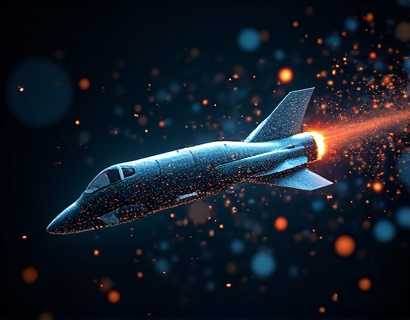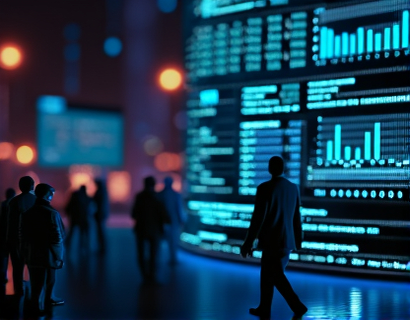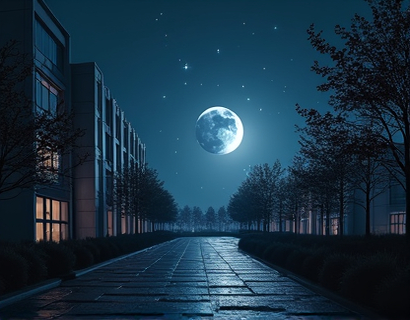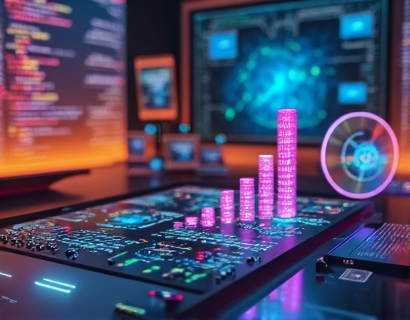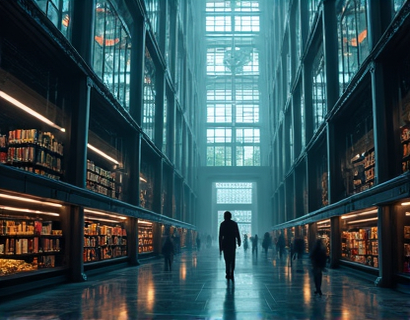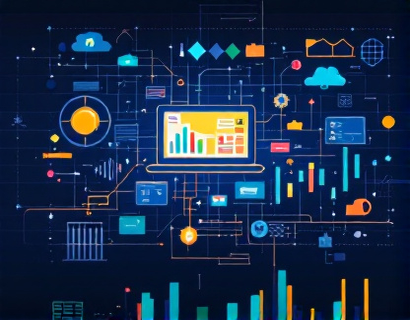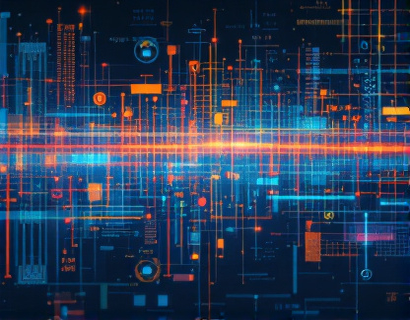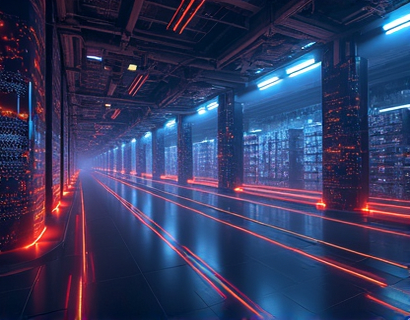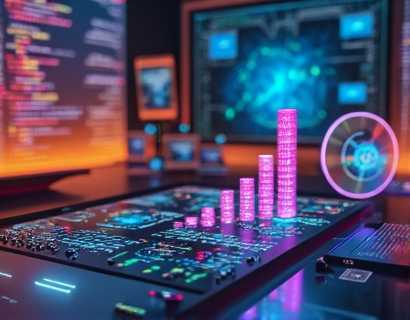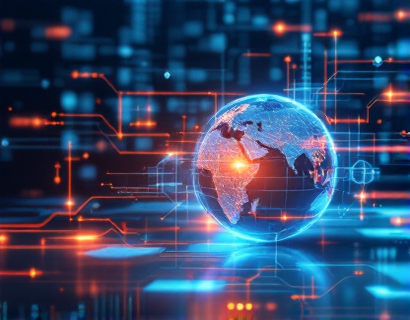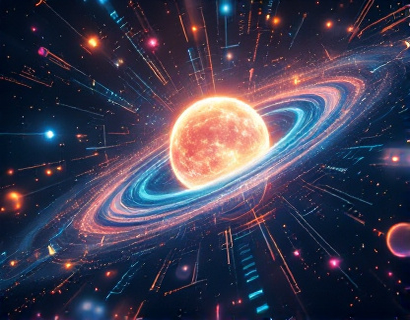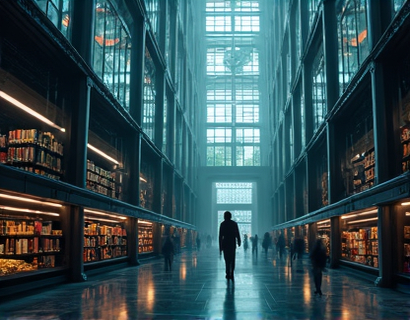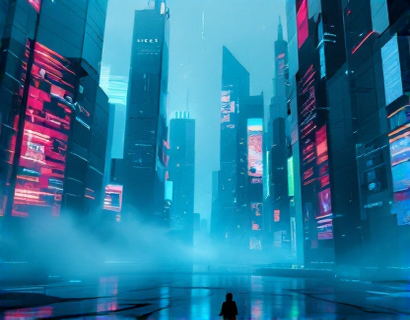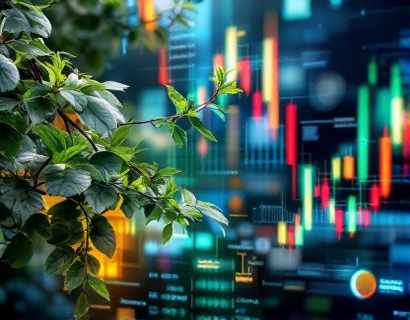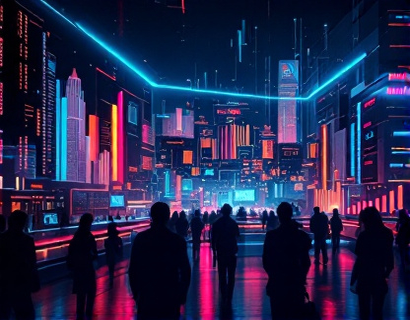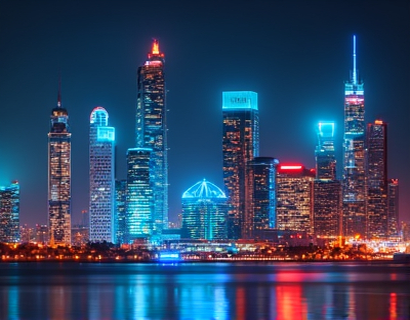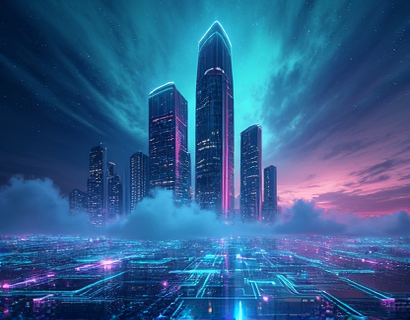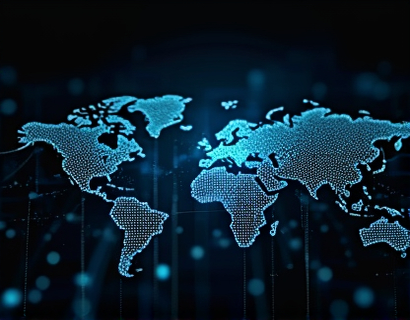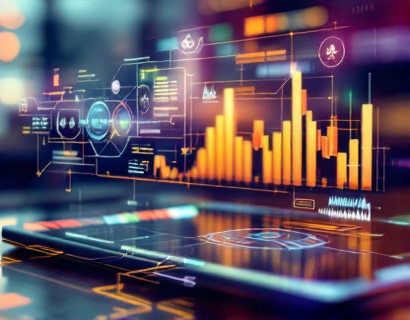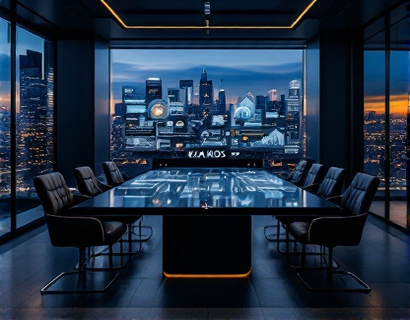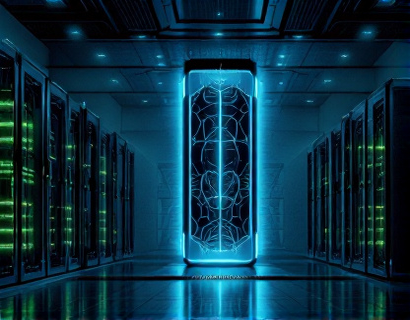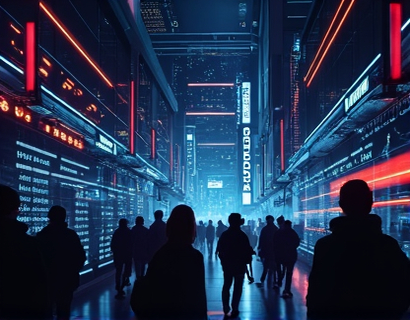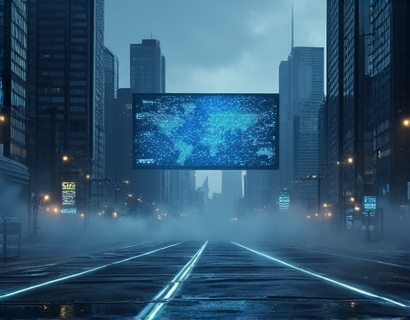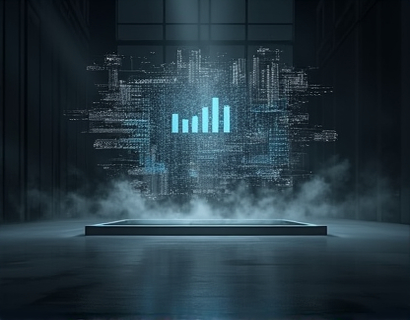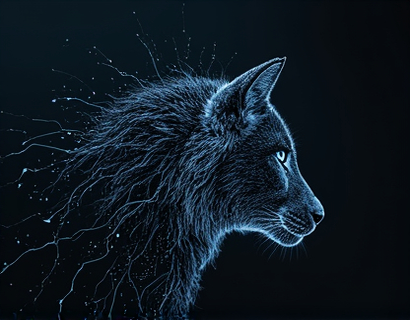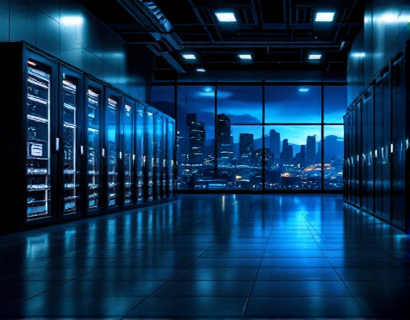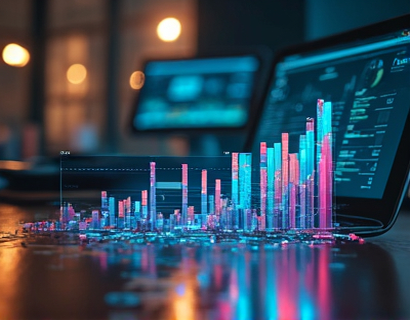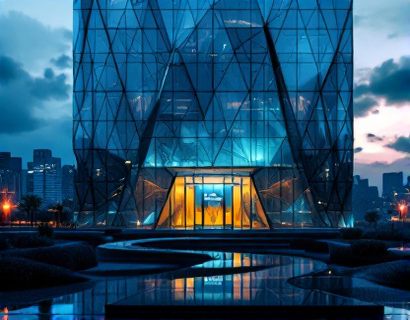AI-Driven Creativity Revolution: Transforming Film, Music, and Gaming with Advanced Technology Solutions
The entertainment industry is undergoing a profound transformation driven by artificial intelligence (AI) technology. This revolution is not just about automating tasks but about enhancing creativity, optimizing production, and streamlining project management. AI solutions are empowering professionals in film, music, and gaming to achieve exceptional results and set new industry standards. This article delves into the advanced AI technologies that are reshaping these creative fields, providing insights into how these innovations are being leveraged to push the boundaries of what is possible.
AI in Film: Enhancing Creativity and Efficiency
In the film industry, AI is revolutionizing every aspect of production from pre-production to post-production. One of the most significant impacts is in the area of scriptwriting. AI algorithms can analyze successful scripts, identify patterns, and generate new storylines or dialogue. This not only speeds up the writing process but also provides writers with fresh ideas and perspectives. For instance, AI can suggest alternative plot twists or character developments that a human writer might not have considered.
Another area where AI is making waves is in visual effects (VFX). Traditional VFX work is time-consuming and requires a large team of artists. AI-driven tools can automate repetitive tasks such as background removal, object tracking, and texture generation. Machine learning models can learn from vast datasets of images and videos to create realistic effects with minimal human intervention. This not only accelerates the production process but also reduces costs, making high-quality VFX more accessible to independent filmmakers.
AI is also transforming the casting process. Traditional casting methods rely heavily on human intuition and network connections, which can be biased and limited. AI algorithms can analyze an actor's performance data, voice, and facial expressions to match them with roles that suit their skills and appearance. This data-driven approach can lead to more accurate and diverse casting, opening up opportunities for underrepresented talent.
AI in Music: Composing, Production, and Personalization
The music industry is equally experiencing a creative renaissance thanks to AI. Music composition is one area where AI is making significant strides. AI algorithms can analyze vast libraries of music to understand genres, styles, and emotional tones. This analysis enables the creation of original music pieces that fit specific moods or contexts. For example, AI can compose background scores for films or video games in real-time, adapting to the narrative or gameplay.
AI is also revolutionizing music production. Digital Audio Workstations (DAWs) are increasingly incorporating AI features that assist in tasks such as mixing and mastering. These tools can analyze a mix and suggest adjustments to balance levels, equalization, and compression. AI-powered plugins can even generate virtual instruments and effects, providing producers with a wealth of creative options. This not only saves time but also helps producers achieve professional-quality results without extensive expertise.
Personalization is another key area where AI is transforming the music experience. Streaming platforms use AI to curate personalized playlists based on user preferences and listening habits. Machine learning models continuously learn from user interactions, refining recommendations to keep listeners engaged. AI can also create custom music experiences, such as generating unique versions of songs based on a user's mood or activity, enhancing the overall listening experience.
AI in Gaming: Dynamic Worlds and Intelligent NPCs
In the gaming industry, AI is playing a crucial role in creating more immersive and dynamic gaming experiences. One of the most notable applications is in non-playable characters (NPCs). Traditional NPCs follow predefined scripts and behaviors, which can lead to repetitive and predictable interactions. AI-driven NPCs, on the other hand, can learn and adapt to player actions, creating more realistic and engaging encounters. These intelligent NPCs can form alliances, remember past interactions, and even develop their own strategies, making the game world feel alive.
AI is also enhancing game design and level creation. Procedural generation techniques powered by AI can create vast and varied game environments, ensuring that each playthrough is unique. These algorithms can generate terrain, buildings, and objects based on specific parameters, reducing the workload on human designers and allowing for more complex and detailed worlds. AI can also assist in balancing game mechanics, ensuring that challenges are appropriately scaled to the player's skill level.
Another exciting application of AI in gaming is in creating personalized gaming experiences. AI can analyze a player's preferences, skills, and playstyle to tailor the game's difficulty, story, and even gameplay mechanics. This personalization not only enhances player engagement but also extends the lifespan of a game by continuously adapting to the player's evolving preferences.
Challenges and Ethical Considerations
While AI offers tremendous benefits, it also presents challenges and ethical considerations. One major concern is the potential for job displacement. As AI takes over routine and repetitive tasks, there is a risk that some roles in the entertainment industry could become obsolete. However, AI is more likely to augment human creativity rather than replace it, creating new opportunities for collaboration between humans and machines.
Another ethical issue is the use of AI in content creation, particularly in generating realistic deepfakes or manipulated media. The entertainment industry must navigate these challenges responsibly, ensuring that AI-generated content is used ethically and transparently. Establishing clear guidelines and regulations will be crucial in maintaining trust and integrity in the industry.
Future Prospects and Conclusion
The integration of AI in film, music, and gaming is just the beginning. As AI technology continues to advance, we can expect even more innovative applications that push the boundaries of creativity and storytelling. The key will be to harness AI's capabilities while preserving the human touch that makes entertainment so compelling. By embracing AI as a collaborative tool, professionals in these fields can unlock new levels of creativity and efficiency, setting new industry standards and inspiring the next generation of creators.
In conclusion, AI-driven creativity is revolutionizing the entertainment industry, offering unprecedented opportunities for innovation and excellence. Whether it's generating scripts, composing music, or creating immersive gaming worlds, AI is transforming the way professionals work and create. As the industry continues to evolve, the synergy between human creativity and AI technology will undoubtedly lead to exciting new possibilities.



